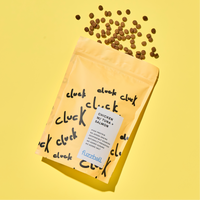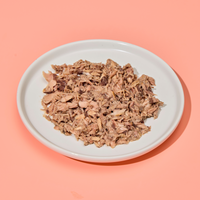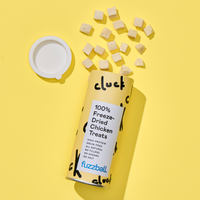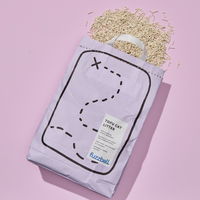The Importance Of Taurine In Your Cat's Food
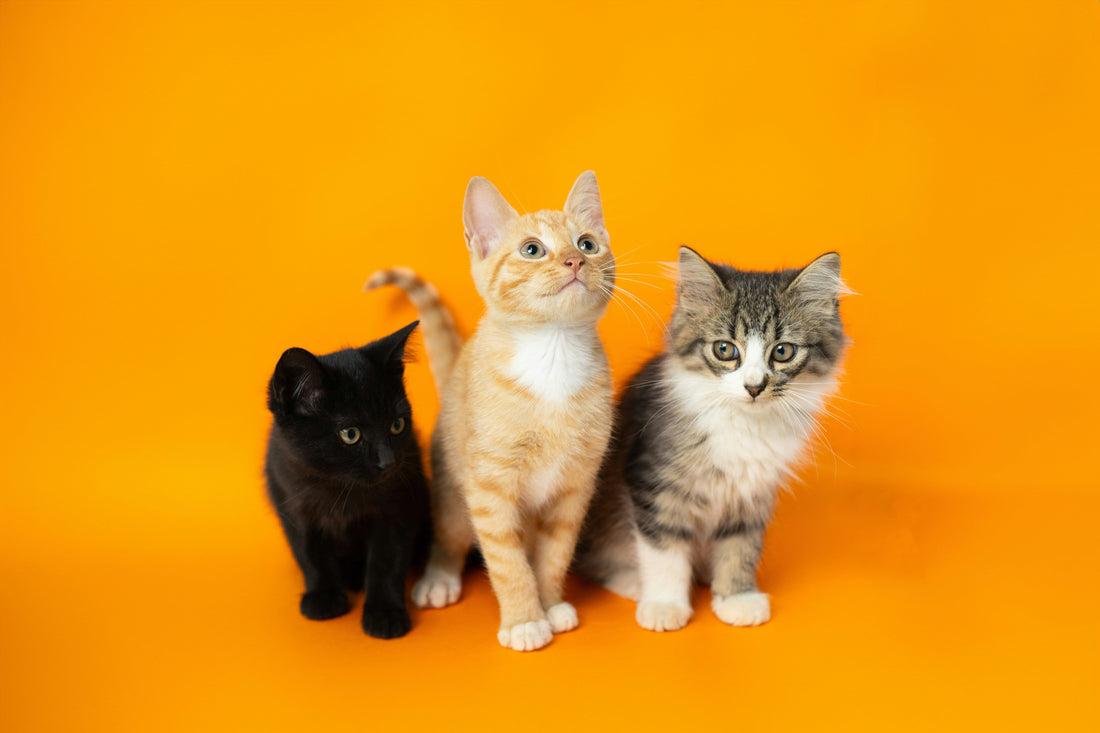
Taurine is more than just another nutrient, it’s a lifeline for your cat’s health. Unlike humans and many other animals, cats cannot produce enough taurine on their own, making it an essential part of their diet.
Without it, their vision, heart function, and overall well-being can suffer. A deficiency can lead to irreversible damage, impacting everything from their eyesight to their energy levels. Ensuring your cat’s food is rich in taurine is not just important—it’s vital for a long, healthy, and active life.
What Is Taurine?
Taurine is an essential amino acid for cats. Most animals can produce enough taurine from other amino acids to meet their needs. However, cats have a limited ability to manufacture taurine. Therefore, taurine is an essential nutrient for cats that they need in their food.
What Does Taurine Do?
Taurine is responsible for the health and maintenance of a cat's eyes, heart, reproductive function, and digestive tract.
The Importance Of Taurine In Your Cat's Food
As mentioned, taurine is responsible for the health and maintenance of many systems in the cat’s body. However, to truly understand the importance of it, you need to take a look at the effects it has on the different systems:
Eyesight
The majority of the light-sensing cells in a cat's retina are made of taurine. When light enters the eye, these cells convert it into nerve signals that the brain can understand. The amino acid is also found in the retina itself, meaning that a lack of taurine can lead to night blindness and eventual complete loss of sight.
Heart
Taurine plays a role in maintaining the correct level of calcium and other minerals on either side of the membranes in a cat’s heart.
A cat's cardiac muscles can no longer contract properly if its mineral levels are out of balance. If a cat isn't getting enough taurine, this can lead to heart failure.

Digestive Tract Health
Taurine helps a cat’s body produce bile, which allows fat to be digested. Without enough taurine, cats can’t process the fats they need for energy, skin and coat health and the delivery of fatty acids to maintain cell structure and ensure the effective delivery of the fatty acids required to maintain cell structure.
Having trouble producing bile can also cause nausea and diarrhoea, which could lead to further health issues as a result of your cat refraining from eating, which could lead to more issues.
Reproductive Function
A lack of Taurine is associated with poor health in pregnant cats. For both the mother and her kittens to grow healthily, their diet must contain significant amounts of taurine. A lack of Taurine can result in a failure to carry kittens to full term and delayed growth in kittens.
What Are the Symptoms Of Taurine Deficiency?
Given that taurine is an essential amino acid, cats who don't get enough of it may experience serious health issues. The heart wall muscles, the retina of the eye, and the brain are among the important parts of a cat's body that have significant levels of taurine.
Therefore, in cats, taurine deficiency can result in blindness, rotting teeth, and heart problems such as dilated cardiomyopathy, which is heart failure brought on by the expansion of the heart.
Most health problems resulting from a taurine shortage won't become apparent until the cat begins exhibiting symptoms of the aforementioned illnesses since clinical indicators of taurine deficiency in cats grow gradually over time.

